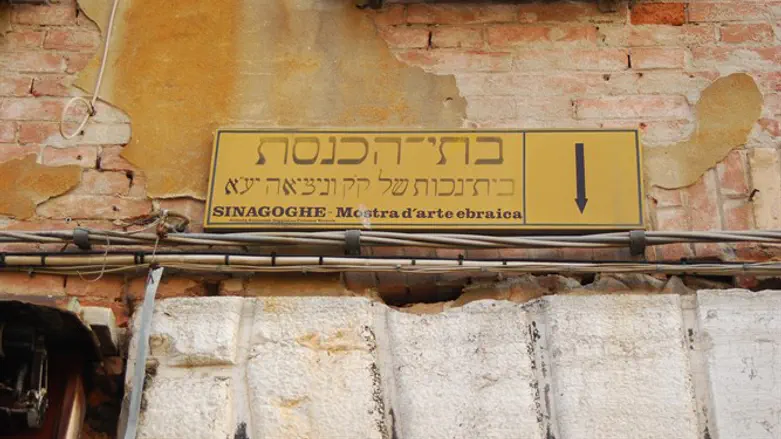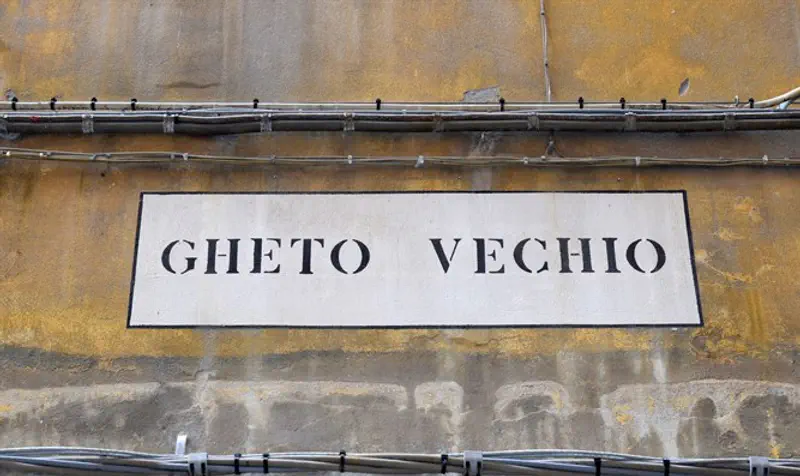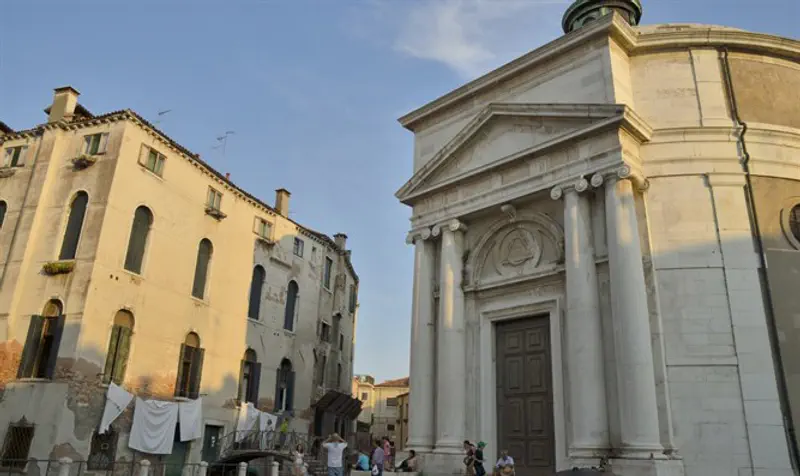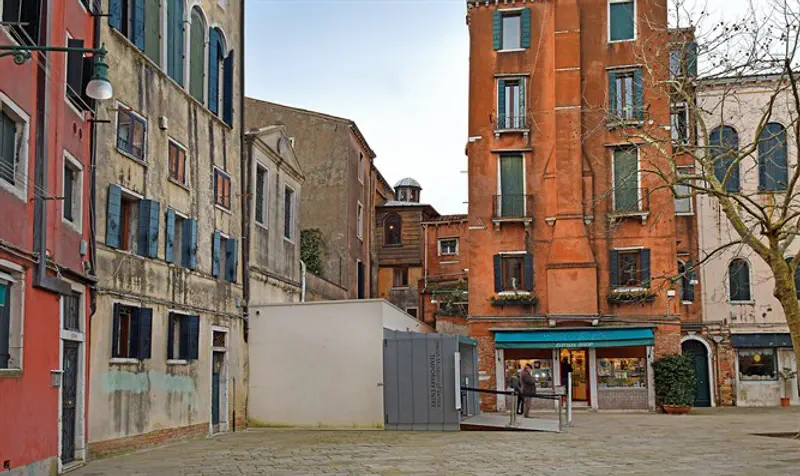
New regulations issued by the Italian Health Ministry following fear of COVID-19 spread are causing concern in Jewish communities not only because of the virus, but also the very ability to live a basic Jewish life.
The regulations apply in certain areas in the north of the state and prohibit events and gatherings of all kinds, both in closed public places and in open places, including cultural, sporting, and religious events.
About 35,000 Jews live in Italy and many are worried about what may soon befall Jewish life in the country. Already this Shabbat, a bar mitzvah was canceled in one of the communities in the country and further event cancellations are feared.
Another basic concern is the ability to pray with a minyan, an halakhic quorum of at least ten male Jews needed for communal prayer: "Our people respect the regulations both because it is halakhically imperative to uphold the laws of the state in which they live, and also because of danger to life for fear someone may become infected at prayer, and to prevent hilul Hashem," says Straus-Amiel Institute head Rabbi Eliyahu Birnbaum, under the auspices of the Ohr Torah Stone Network that trains rabbis for Diaspora missions and who is in contact with the Institute's emissaries who serve as rabbis throughout the country.
He said, "There are synagogues that continue to hold minyan as usual, but the concern is growing along with the spread of the virus. Already, many synagogues prefer not to bring tourists into the synagogues out of concern that tourists come in contact with many people and are more at risk."

Already a number of synagogues that are not located in the north of the state or districts where the virus is present have stopped or at least reduced mass participation in prayers to prevent potential infections.
In Venice, a number of infections were detected and it was also decided to end the famous mask festival ahead of time for fear of mass infection with the virus. That's why Venice Community Rabbi Daniel Twito, emissary of the Straus-Amiel Institute of the Ohr Torah Stone Network, decided to close the doors of the synagogue: "We obey state and district regulations. 'Danger trumps halakhic injunction'. There is a particularly high risk for older people, who make up the majority. The community - including the synagogue - attracts tourists from all over the world and there's fear that perhaps one of them may be ill. Therefore, officially and practically the synagogue and the community are closed until further notice. No prayers are held on weekdays or Shabbat, and all regular classes have been transferred to virtual venues."
According to Rabbi Twito, this is unprecedented: "The elders of the community say that even during the war, they did not close the synagogue, but we cannot take a risk at the moment. I hope that with the beginning of the Adar month when we increase in joy, the decree will soon pass. I do not think about returning to Israel these days despite the danger, because it's precisely these days that the community needs a rabbi."
Also in other places in Italy where public prayers are still being held - since the virus apparently has not yet reached these cities - provisions have been issued in several synagogues to exempt older people, patients, and pregnant women from coming to synagogue.



